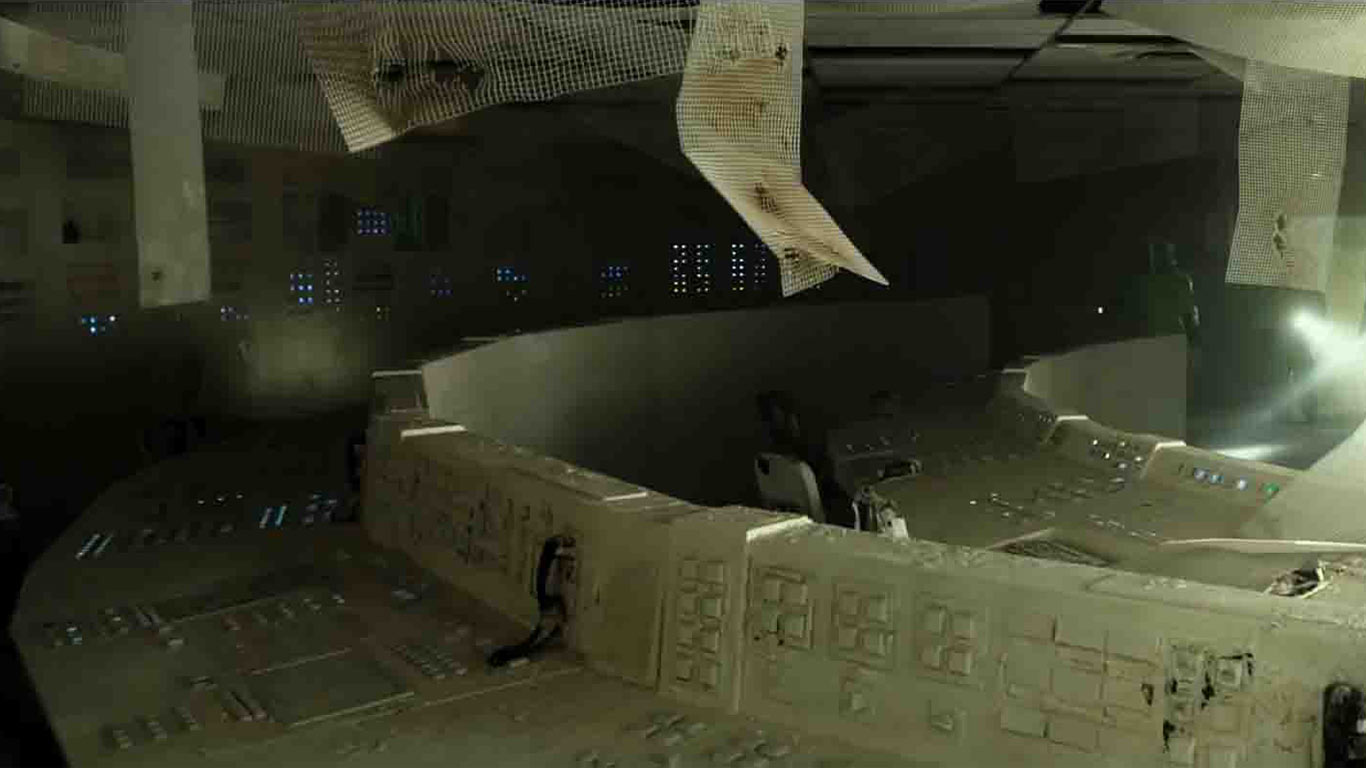Yoel Meranda
About thirty minutes into Michael Mann's “Blackhat”, Chen Lien tells Nick Hathaway, a hacker she is falling in love with, about having “to make intuitive choices” in the “wildest stream of decision-making.” “No transition time”, she says... She is obviously describing the situation Nick has found himself in, but she might as well be describing the intensity of the viewer’s experience.
Nick Hathaway is a character whom Michael Mann calls “a superhacker”, “someone who can seamlessly traverse the digital world and real world.” A superhero who is smart enough to hack banks using a cellphone and strong enough to beat the hell out of five people who are attacking him all at once. He can adapt to any situation. If he's locked in a cell, he immediately starts doing his “ironman push-ups.” He is also intellectual enough to read books by postmodernist philosophers such as Baudrillard, Foucault, Derrida, Lyotard, about the “commodification of everyday life” or the “disciplinary technologies of power, including surveillance.” 1
 Is Hathaway a perfect human being? Not at all, he has his weaknesses. Some even call him an “anti-hero” 2. Enter Chen Lien who tells him to open his eyes when his narcissism is overtaking him. A preposterous statement such as “I did the crime, I'm doing the time, time isn't doing me” might sound good to the ear, but it is another form of prison. “You talk like you are still in prison. But you are not in prison” Chen Lien says.
Is Hathaway a perfect human being? Not at all, he has his weaknesses. Some even call him an “anti-hero” 2. Enter Chen Lien who tells him to open his eyes when his narcissism is overtaking him. A preposterous statement such as “I did the crime, I'm doing the time, time isn't doing me” might sound good to the ear, but it is another form of prison. “You talk like you are still in prison. But you are not in prison” Chen Lien says.
“She intuits that there’s something agoraphobic for him about this wide space at the airport” Mann says in an interview, “It’s disturbing him. He’s lost, and without a compass … He has been institutionalized to a greater degree than he’s aware of. She has an intuitive sense about him. That’s one of the unquantifiable connections that we have in life.” 3 And what does Nick see when he first opens his eyes? The surveillance camera that is watching them or as Mann himself calls it, the “exoskeleton”. “It’s almost like there’s an invisible kind of exoskeleton above the layer in which we think our lives take place on planet Earth, that’s made up of interconnectedness and data. […] We’re swimming around in it, and everything is totally porous, vulnerable and accessible.” 4 Mann says. The exoskeleton is invisible and intangible, and to make a film talking about it is being, according to Mann, “like a fish talking about the water it swims in.” 5











